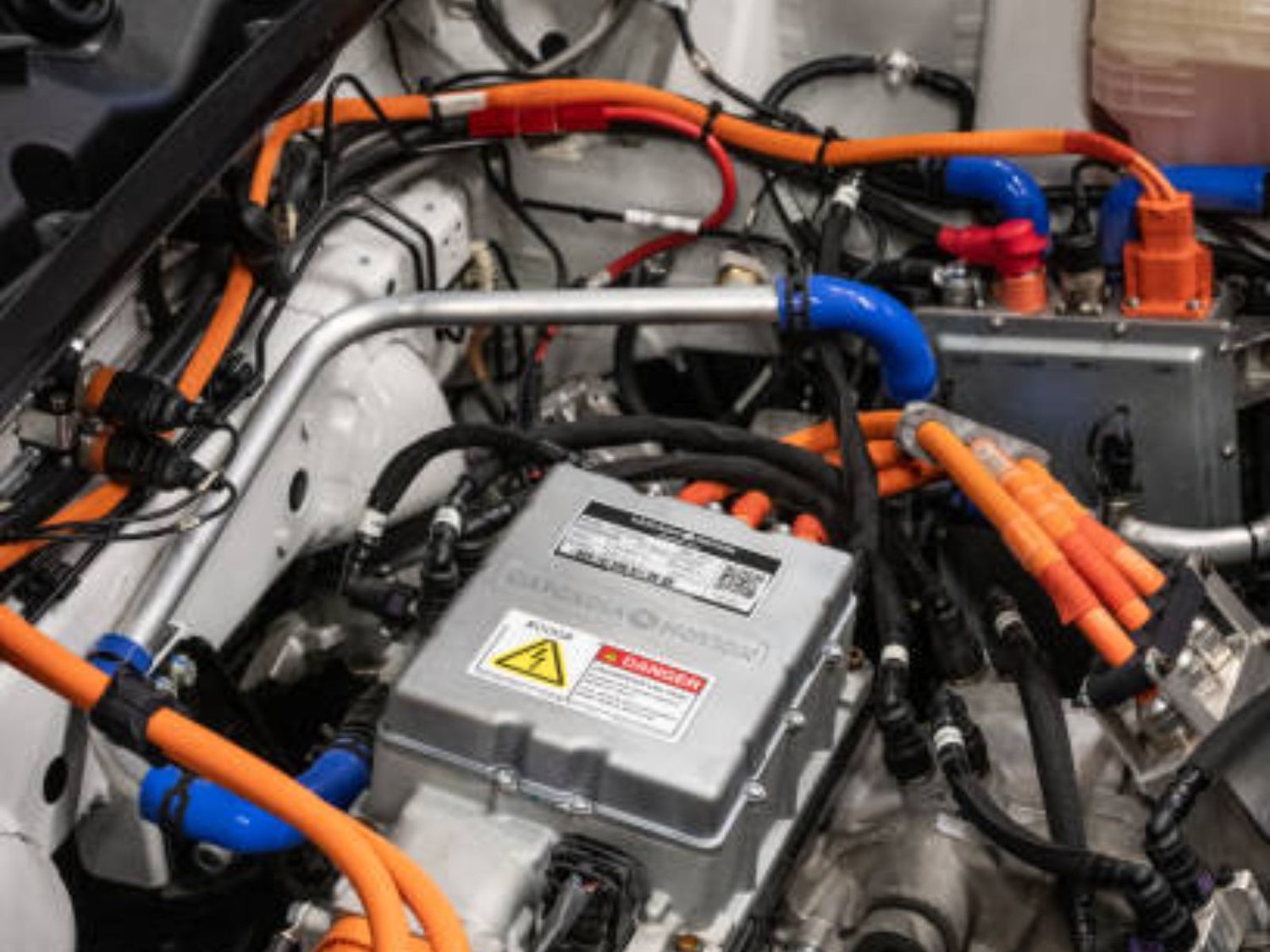The Basics of EV Battery Management System
Electric vehicles are gaining popularity and becoming more common on roads. The battery is one of the most critical components of an electric vehicle. To ensure that the battery works correctly, the EV Battery Management System (BMS) is used. BMS is a system to manage and monitor the battery pack's performance, health, and safety. It is responsible for ensuring the battery's optimal performance, safety, and reliability.
Components of EV Battery Management System
The EV Battery Management System (BMS) comprises several components. These components include sensors, microcontrollers, communication buses, and battery balancing circuits. The sensors measure the battery's state-of-charge (SOC), state-of-health (SOH), and state-of-functionality (SOF). The microcontrollers process the battery's data, and communication buses transmit the data to the vehicle's electronic control unit (ECU). Battery balancing circuits ensure that the cells in the battery pack stay balanced in terms of voltage levels.
Functions of EV Battery Management System
The EV Battery Management System (BMS) has many essential functions. These functions include:
- Monitoring the battery pack's state-of-charge (SOC), state-of-health (SOH), and state-of-functionality (SOF)
- Protecting the battery pack from overcharging, over-discharging, and over-temperature
- Balancing individual cell voltages in the battery pack to improve the battery's longevity
- Detecting and preventing potential faults within the battery pack
- Providing feedback to the vehicle's electronic control unit (ECU) to optimize the vehicle's performance and efficiency
Importance of EV Battery Management System
The EV Battery Management System (BMS) is vital for the proper functioning of electric vehicles. It ensures the battery's optimal performance, safety, and reliability. It also extends the battery's lifespan and provides valuable information about the battery's health and status. Without BMS, the battery pack can be damaged, and the vehicle may perform poorly.
The Evolution of EV Battery Management System
EV Battery Management System (BMS) has evolved significantly over time. Initially, it was limited to monitoring the battery's state-of-charge (SOC) and voltage. Over the years, BMS has become more sophisticated and is now capable of balancing cells and detecting potential faults. Today, BMS also provides valuable data about the battery's health, status, and performance to the vehicle's electronic control unit (ECU).
The Future of EV Battery Management System
As electric vehicle technology continues to advance, the EV Battery Management System (BMS) will also evolve. It is expected that future BMS will be more intelligent and have more advanced features. Predictive analytics, for instance, will enable BMS to predict faults before they occur. Moreover, with the advent of Artificial Intelligence (AI) and Machine Learning (ML), BMS will be capable of learning and adapting to the battery's performance over time.
Challenges of EV Battery Management System
The EV Battery Management System (BMS) face a few challenges, including its complexity and cost. Given the complexity of battery technology, BMS must carry out many functions simultaneously. These functions must be executed accurately and quickly to avoid damaging the battery. Moreover, the cost of BMS has been a barrier to the growth of the electric vehicle market. Manufacturers have been working to reduce BMS's cost by using more affordable components and optimizing BMS's architecture.
The Need for Standardization of EV Battery Management System
The lack of standardization of EV Battery Management System (BMS) has been a significant issue in the electric vehicle market. Different manufacturers have different specifications and designs, which makes it challenging to compare and evaluate different BMS systems. Therefore, there is a need for standardized BMS specifications and protocols to enable manufacturers to optimize their BMS designs.
Conclusion
The EV Battery Management System (BMS) is a crucial component of electric vehicles. It ensures the battery's optimal performance, safety, and reliability. BMS has come a long way since its inception, and it is expected to continue to evolve in the future. Electric vehicle manufacturers must address the challenges that BMS is facing and work towards standardizing BMS specifications and protocols.

